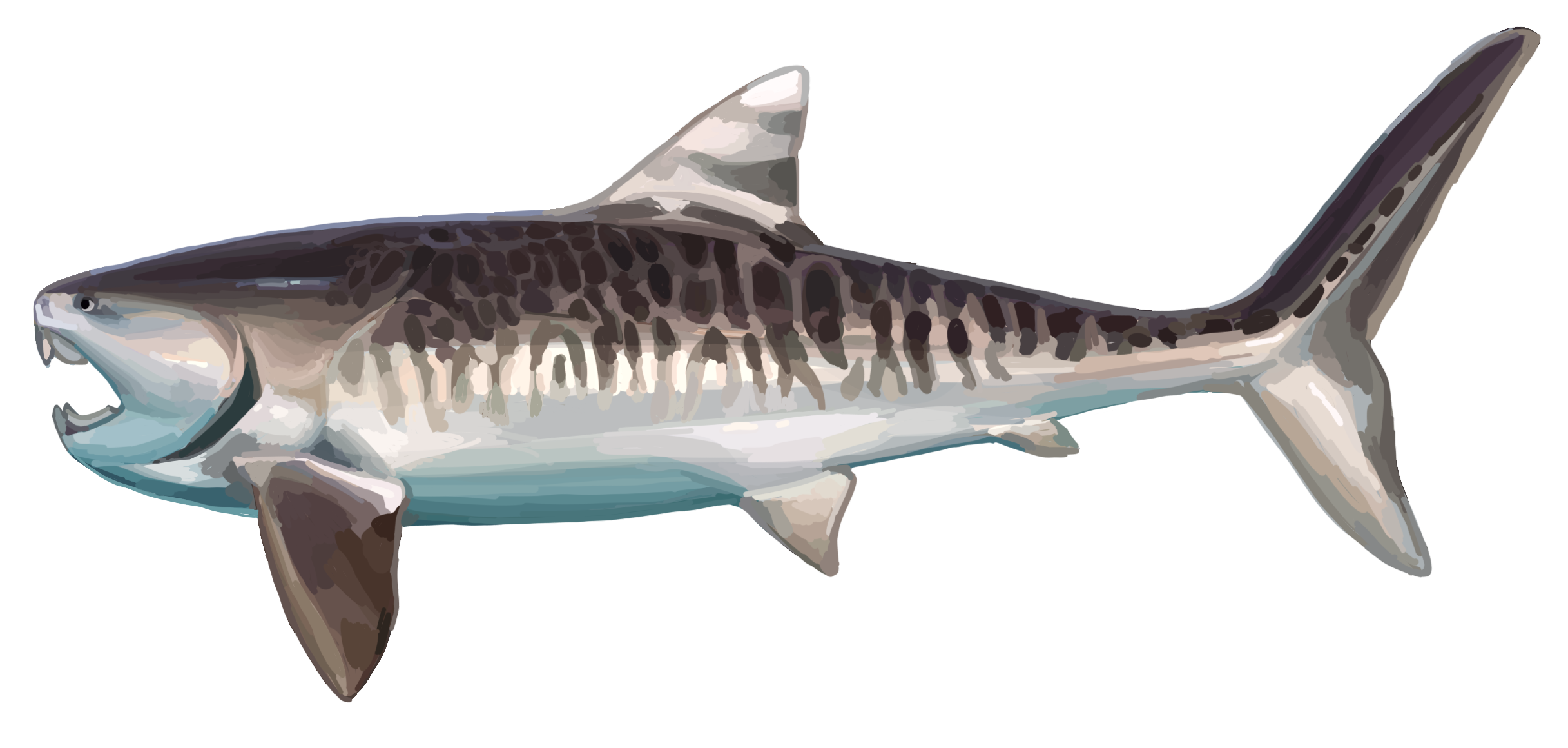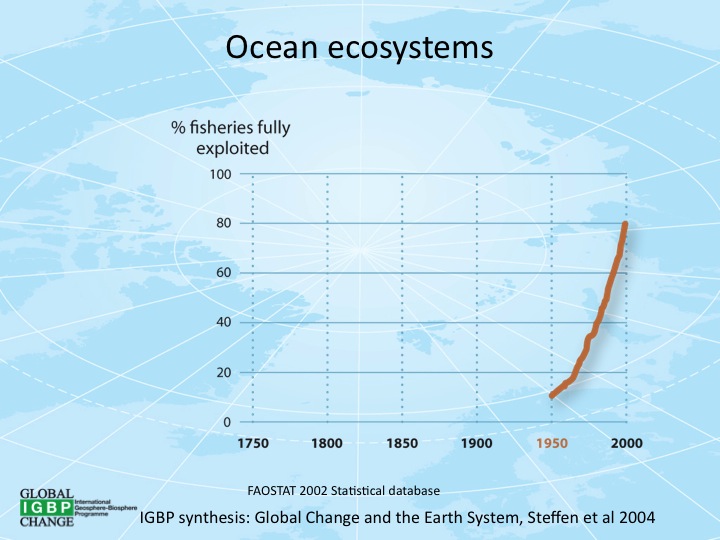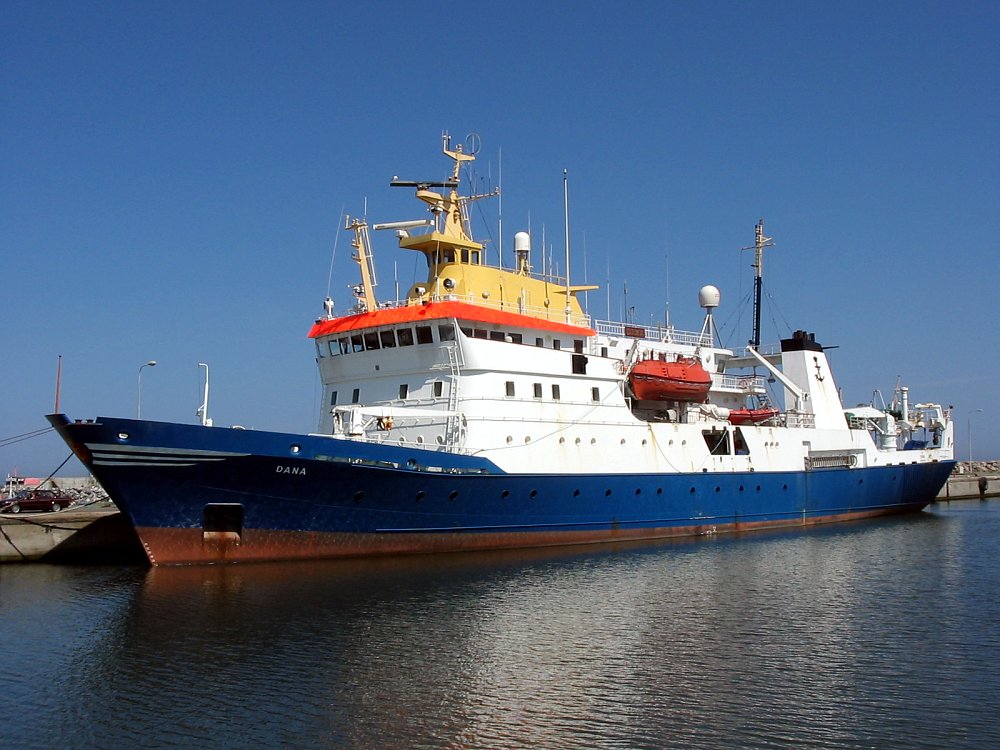|
Fisheries Society Of The British Isles
The Fisheries Society of the British Isles is an international, non-political, learned society, based in the United Kingdom, that supports scientific activity in fish biology and management through charitable sponsorship. Membership is open to anyone interested in these objectives. There have been eleven Presidents of the FSBI since its foundation including Ray Beverton FRS and Felicity Huntingford FRSE. Origins In the mid-1960s, several annual conferences on fish ecology were initiated in Liverpool in the United Kingdom, by Dr Jack W. Jones, a member of the Department of Zoology at the University of Liverpool. In March 1967 at one of these meetings informal discussion took place about the formation of a British society for fish and fisheries biology. Participants in the discussion were Jack Jones, David LeCren, a biologist at the Freshwater Biological Association Laboratory at Windermere, Peter Tombleson, an angling journalist and administrator, Lionel Mawdesley-Thomas, a fish pa ... [...More Info...] [...Related Items...] OR: [Wikipedia] [Google] [Baidu] |
Non-profit Organization
A nonprofit organization (NPO) or non-profit organisation, also known as a non-business entity, not-for-profit organization, or nonprofit institution, is a legal entity organized and operated for a collective, public or social benefit, in contrast with an entity that operates as a business aiming to generate a profit for its owners. A nonprofit is subject to the non-distribution constraint: any revenues that exceed expenses must be committed to the organization's purpose, not taken by private parties. An array of organizations are nonprofit, including some political organizations, schools, business associations, churches, social clubs, and consumer cooperatives. Nonprofit entities may seek approval from governments to be tax-exempt, and some may also qualify to receive tax-deductible contributions, but an entity may incorporate as a nonprofit entity without securing tax-exempt status. Key aspects of nonprofits are accountability, trustworthiness, honesty, and openness to eve ... [...More Info...] [...Related Items...] OR: [Wikipedia] [Google] [Baidu] |
Fish
Fish are aquatic, craniate, gill-bearing animals that lack limbs with digits. Included in this definition are the living hagfish, lampreys, and cartilaginous and bony fish as well as various extinct related groups. Approximately 95% of living fish species are ray-finned fish, belonging to the class Actinopterygii, with around 99% of those being teleosts. The earliest organisms that can be classified as fish were soft-bodied chordates that first appeared during the Cambrian period. Although they lacked a true spine, they possessed notochords which allowed them to be more agile than their invertebrate counterparts. Fish would continue to evolve through the Paleozoic era, diversifying into a wide variety of forms. Many fish of the Paleozoic developed external armor that protected them from predators. The first fish with jaws appeared in the Silurian period, after which many (such as sharks) became formidable marine predators rather than just the prey of arthropods. Mos ... [...More Info...] [...Related Items...] OR: [Wikipedia] [Google] [Baidu] |
Fisheries Organizations
Fishery can mean either the enterprise of raising or harvesting fish and other aquatic life; or more commonly, the site where such enterprise takes place ( a.k.a. fishing ground). Commercial fisheries include wild fisheries and fish farms, both in freshwater waterbodies (about 10% of all catch) and the oceans (about 90%). About 500 million people worldwide are economically dependent on fisheries. 171 million tonnes of fish were produced in 2016, but overfishing is an increasing problem — causing declines in some populations. Because of their economic and social importance, fisheries are governed by complex fisheries management practices and legal regimes that vary widely across countries. Historically, fisheries were treated with a " first-come, first-served " approach, but recent threats by human overfishing and environmental issues have required increased regulation of fisheries to prevent conflict and increase profitable economic activity on the fishery. Modern jurisdictio ... [...More Info...] [...Related Items...] OR: [Wikipedia] [Google] [Baidu] |
British Biology Societies
British may refer to: Peoples, culture, and language * British people, nationals or natives of the United Kingdom, British Overseas Territories, and Crown Dependencies. ** Britishness, the British identity and common culture * British English, the English language as spoken and written in the United Kingdom or, more broadly, throughout the British Isles * Celtic Britons, an ancient ethno-linguistic group * Brittonic languages, a branch of the Insular Celtic language family (formerly called British) ** Common Brittonic, an ancient language Other uses *''Brit(ish)'', a 2018 memoir by Afua Hirsch *People or things associated with: ** Great Britain, an island ** United Kingdom, a sovereign state ** Kingdom of Great Britain (1707–1800) ** United Kingdom of Great Britain and Ireland (1801–1922) See also * Terminology of the British Isles * Alternative names for the British * English (other) * Britannic (other) * British Isles * Brit (other) * Briton (d ... [...More Info...] [...Related Items...] OR: [Wikipedia] [Google] [Baidu] |
FSBI Medal
The FSBI Medal is an international fish biology and/or fisheries science prize awarded annually for exceptional advances by a scientist in the earlier stages of his or her career. Medallists have made a significant contribution to the field of fish biology through their achievements in scientific research. The medal is only awarded if a candidate of sufficient quality is nominated. The medal was established by the Fisheries Society of the British Isles (FSBI) to recognize distinction in the field of fish biology and fisheries science, and to raise the profile of the discipline and of the Society in the wider scientific community. Medals are awarded to individuals who have made an outstanding contribution to fish biology and/or fisheries. The FSBI Medal is traditionally awarded in July at the Fisheries Society of the British Isles Annual International Conference. Medallists SourceFSBI*2022 - Amy Deacon *2021 - Christos Ioannou *2020 - Julien Cucherousset *2019 - Shaun Killen *201 ... [...More Info...] [...Related Items...] OR: [Wikipedia] [Google] [Baidu] |
Beverton Medal
The Beverton Medal is a prestigious. international fish biology and/or fisheries science prize awarded annually. It is awarded to a distinguished scientist for a lifelong contribution to all aspects of the study of fish biology and/or fisheries science, with a focus on ground-breaking research. The medal was established as the highest award of the Fisheries Society of the British Isles (FSBI) to recognize distinction in the field of fish biology and fisheries science, to raise the profile of the discipline and of the Society in the wider scientific community. Medals are awarded to individuals who have made an outstanding contribution to fish biology and/or fisheries. The Beverton Medal is traditionally awarded in July at thFisheries Society of the British Isles annual international conference The first medal was awarded to Ray Beverton. In his honour, the medal is now known as the Beverton Medal. In 2017, to mark the 50th anniversary of the Fisheries Society of the British Isles ... [...More Info...] [...Related Items...] OR: [Wikipedia] [Google] [Baidu] |
Fisheries
Fishery can mean either the enterprise of raising or harvesting fish and other aquatic life; or more commonly, the site where such enterprise takes place ( a.k.a. fishing ground). Commercial fisheries include wild fisheries and fish farms, both in freshwater waterbodies (about 10% of all catch) and the oceans (about 90%). About 500 million people worldwide are economically dependent on fisheries. 171 million tonnes of fish were produced in 2016, but overfishing is an increasing problem — causing declines in some populations. Because of their economic and social importance, fisheries are governed by complex fisheries management practices and legal regimes that vary widely across countries. Historically, fisheries were treated with a " first-come, first-served " approach, but recent threats by human overfishing and environmental issues have required increased regulation of fisheries to prevent conflict and increase profitable economic activity on the fishery. Modern jurisdicti ... [...More Info...] [...Related Items...] OR: [Wikipedia] [Google] [Baidu] |
Fisheries Science
Fisheries science is the academic discipline of managing and understanding fisheries. It is a multidisciplinary science, which draws on the disciplines of limnology, oceanography, freshwater biology, marine biology, meteorology, conservation, ecology, population dynamics, economics, statistics, decision analysis, management, and many others in an attempt to provide an integrated picture of fisheries. In some cases new disciplines have emerged, as in the case of bioeconomics and fisheries law. Because fisheries science is such an all-encompassing field, fisheries scientists often use methods from a broad array of academic disciplines. Over the most recent several decades, there have been declines in fish stocks (populations) in many regions along with increasing concern about the impact of intensive fishing on marine and freshwater biodiversity. Fisheries science is typically taught in a university setting, and can be the focus of an undergraduate, master's or Ph.D. program. Some ... [...More Info...] [...Related Items...] OR: [Wikipedia] [Google] [Baidu] |
Biology
Biology is the scientific study of life. It is a natural science with a broad scope but has several unifying themes that tie it together as a single, coherent field. For instance, all organisms are made up of cells that process hereditary information encoded in genes, which can be transmitted to future generations. Another major theme is evolution, which explains the unity and diversity of life. Energy processing is also important to life as it allows organisms to move, grow, and reproduce. Finally, all organisms are able to regulate their own internal environments. Biologists are able to study life at multiple levels of organization, from the molecular biology of a cell to the anatomy and physiology of plants and animals, and evolution of populations.Based on definition from: Hence, there are multiple subdisciplines within biology, each defined by the nature of their research questions and the tools that they use. Like other scientists, biologists use the sc ... [...More Info...] [...Related Items...] OR: [Wikipedia] [Google] [Baidu] |
Journal Of Fish Biology
The ''Journal of Fish Biology'' covers all aspects of fish and fisheries biological research, both freshwater and marine. It is published by Wiley-Blackwell and is the official journal of the Fisheries Society of the British Isles The Fisheries Society of the British Isles is an international, non-political, learned society, based in the United Kingdom, that supports scientific activity in fish biology and management through charitable sponsorship. Membership is open to anyo .... External links * Homepage of The Fisheries Society of the British Isles Ichthyology journals Publications established in 1969 Monthly journals English-language journals Wiley-Blackwell academic journals {{zoo-journal-stub ... [...More Info...] [...Related Items...] OR: [Wikipedia] [Google] [Baidu] |
Ray Beverton
Raymond (Ray) John Heaphy Beverton CBE FRS (29 August 1922 – 23 July 1995) was an important founder of fisheries science. He is best known for the book ''On the Dynamics of Exploited Fish Populations''Beverton, R. J. H., and Holt, S. J. 1957. On the Dynamics of Exploited Fish Populations. Fishery Investigations Series II. Ministry of Agriculture, Fisheries and Food, London. 533 pp. (1957) which he wrote with Sidney Holt. The book is a cornerstone of modern fisheries science and remains much used today. Beverton's life and achievements are described in detail in several obituaries written by prominent figures in fisheries science. Achievements Much of the foundations of quantitative fisheries science were laid out in ''On the Dynamics of Exploited Fish Populations'' which Ray Beverton and Sidney Holt wrote at the Fisheries Laboratory, Lowestoft (UK). In his review of the 1993 reprint of the book, Ray Hilborn writes "It is remarkable how the book has stood the test of time and ... [...More Info...] [...Related Items...] OR: [Wikipedia] [Google] [Baidu] |
Zoological Society Of London
The Zoological Society of London (ZSL) is a charity devoted to the worldwide conservation of animals and their habitats. It was founded in 1826. Since 1828, it has maintained the London Zoo, and since 1931 Whipsnade Park. History On 29 November 1822, the birthday of John Ray, "the father of modern zoology", a meeting held in the Linnean Society in Soho Square led by Rev. William Kirby, resolved to form a "Zoological Club of the Linnean Society of London". Between 1816 and 1826, discussions between Stamford Raffles, Humphry Davy, Joseph Banks and others led to the idea that London should have an establishment similar to the Jardin des Plantes in Paris. It would house a zoological collection "which should interest and amuse the public." The society was founded in April 1826 by Sir Stamford Raffles, the Marquess of Lansdowne, Lord Auckland, Sir Humphry Davy, Robert Peel, Joseph Sabine, Nicholas Aylward Vigors along with various other nobility, clergy, and naturalists. ... [...More Info...] [...Related Items...] OR: [Wikipedia] [Google] [Baidu] |





